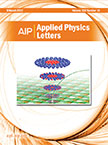
From time to time, academics will devise a “sting” operation, designed to expose journals’ weaknesses. We’ve seen scientists submit a duplicated paper, a deeply flawed weight loss paper designed to generate splashy headlines (it worked), and an entirely fake paper – where even the author calls it a “pile of dung.” So it wasn’t a huge surprise when Katarzyna Pisanski at the University of Sussex and her colleagues found that so-called “predatory” journals – which are allegedly willing to publish subpar papers as long as the authors pay fees – often accepted a fake editor to join their team. In a new Nature Comment, Pisanski and her team (Piotr Sorokowski, Emek Kulczycki and Agnieszka Sorokowska) describe creating a profile of a fake scientist named Anna O. Szust (Oszust means “a fraud” in Polish). Despite the fact that Szust never published a single scholarly article and had no experience as a reviewer or editor, approximately one-third of predatory journals accepted Szust’s application as an editor. We spoke with Pisanski about the project.
Retraction Watch: What made you conceive of this project, and what did you hope to accomplish?
Continue reading The latest sting: Will predatory journals hire “Dr. Fraud”?
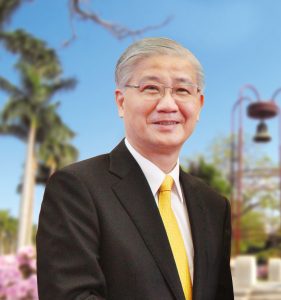
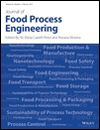 A food science journal has retracted a paper over “a breach of reviewer confidentiality,” after editors learned it contained text from an unpublished manuscript — which one of the authors appears to have reviewed for another journal.
A food science journal has retracted a paper over “a breach of reviewer confidentiality,” after editors learned it contained text from an unpublished manuscript — which one of the authors appears to have reviewed for another journal.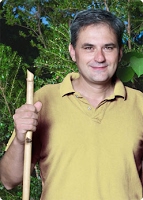
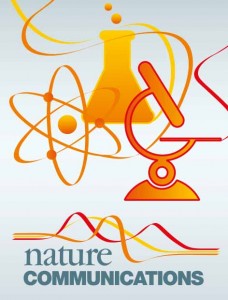 Ask and ye shall receive: A journal has retracted a 2014 paper by Paolo Macchiarini,
Ask and ye shall receive: A journal has retracted a 2014 paper by Paolo Macchiarini, 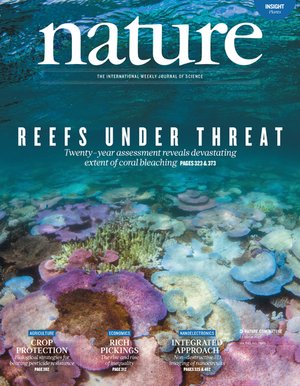 Despite taking some serious hits, a 2006 letter in
Despite taking some serious hits, a 2006 letter in 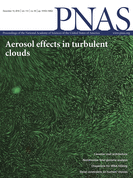 By now, most of our readers are aware that some fields of science have a reproducibility problem. Part of the problem, some argue, is the publishing community’s bias toward dramatic findings — namely, studies that show something has an effect on something else are more likely to be published than studies that don’t.
By now, most of our readers are aware that some fields of science have a reproducibility problem. Part of the problem, some argue, is the publishing community’s bias toward dramatic findings — namely, studies that show something has an effect on something else are more likely to be published than studies that don’t. A scientist who sued his employer for millions of dollars has earned two more retractions, for papers that had already been flagged by the journal.
A scientist who sued his employer for millions of dollars has earned two more retractions, for papers that had already been flagged by the journal. Two countries have recently announced plans to learn more about research misconduct, with the goal of preventing it from happening in the first place.
Two countries have recently announced plans to learn more about research misconduct, with the goal of preventing it from happening in the first place.